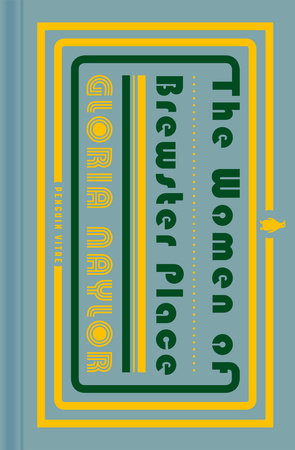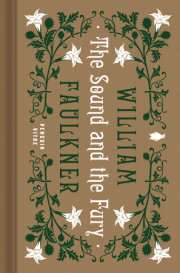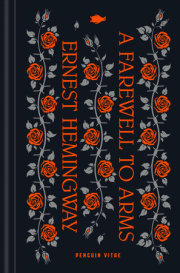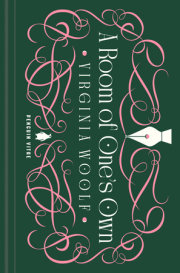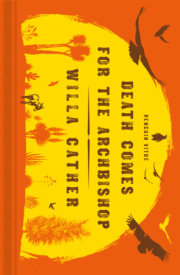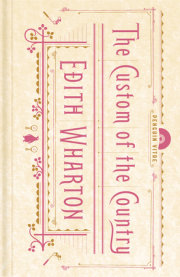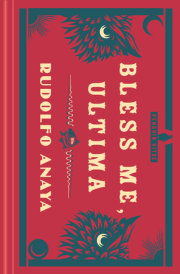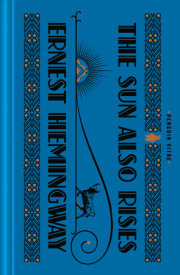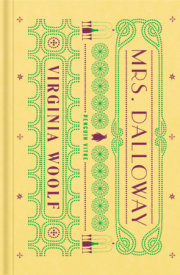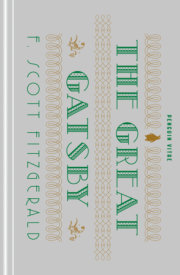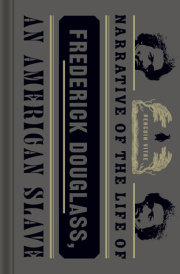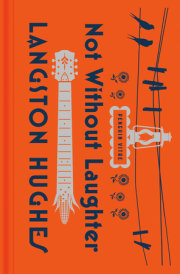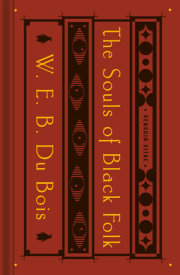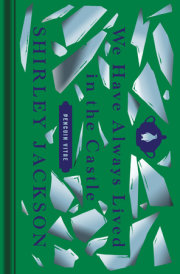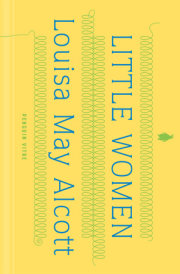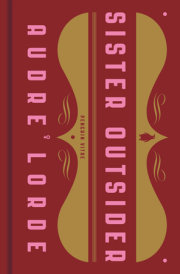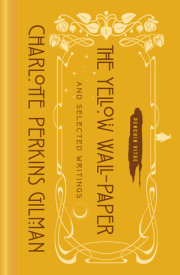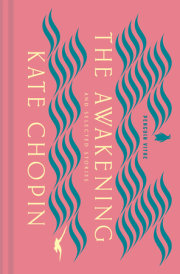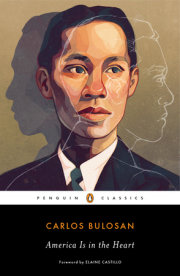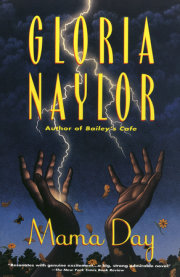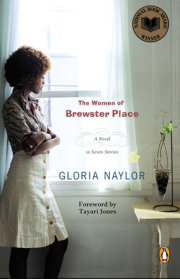Dawn
Brewster Place was the bastard child of several clandestine meetings between the alderman of the sixth district and the managing director of Unico Realty Company. The latter needed to remove the police chief of the sixth district because he was too honest to take bribes and so had persisted in harassing the gambling houses the director owned. In turn, the alderman wanted the realty company to build their new shopping center on his cousin's property in the northern section of town. They came together, propositioned, bargained, and slowly worked out the consummation of their respective desires. As an afterthought, they agreed to erect four double-housing units on some worthless land in the badly crowded district. This would help to abate the expected protests from the Irish community over the police chief's dismissal; and since the city would underwrite the costs, and the alderman could use the construction to support his bid for mayor in the next election, it would importune neither man. And so in a damp, smoke-filled room, Brewster Place was conceived.
It was born three months later in the city legislature, and since its true parentage was hidden, half the community turned out for its baptism two years later. They applauded wildly as the smiling alderman smashed a bottle of champagne against the edge of one of the buildings. He could hardly be heard over the deafening cheers as he told them, with a tear in the corner of his eye, it was the least he could do to help make space for all their patriotic boys who were on the way home from the Great War.
The gray bricks of the buildings were the color of dull silver during Brewster Place's youth. Although the street wasn't paved-after a heavy rain it was necessary to wade in ankledeep to get home-there was a sense of promise in the street and in the times. The city was growing and prospering; there were plans for a new boulevard just north of the street, and it seemed as if Brewster Place was to become part of the main artery of the town.
The boulevard became a major business district, but in order to control traffic some of the auxiliary streets had to be walled off. There was a fierce battle in the city legislature between the representatives of these small veins because they knew they were fighting for the lifeblood of their community, but there was no one to fight for Brewster Place. The neighborhood was now filled with people who had no political influence; people who were dark haired and mellow-skinned-Mediterraneans-who spoke to each other in rounded guttural sounds and who brought strange foods to the neighborhood stores. The older residents were offended by the pungent smells of strong cheeses and smoked meats that now hung in the local shops. So the wall came up and Brewster Place became a dead-end street. There were no crowds at this baptism, which took place at three oÕclock in the morning when Mrs. ColliganÕs son, stumbling home drunk and forgetting the wall was there, bloodied his nose and then leaned over and vomited against the new bricks.
Brewster Place had less to offer the second generation of children-those of its middle years-but it did what it could for them. The street was finally paved under the WPA program, and a new realty company picked up the mortgage on the buildings. Cut off from the central activities of the city, the street developed a personality of its own. The people had their own language and music and codes. They prided themselves on the fact that Mrs. Fuelli's store was the only one in the city that carried scungilli and spinach fettucine. But it broke Mrs. Fuelli's heart when her son returned from the war and didn't settle on Brewster Place, and her cousin's son didn't either, or her second-floor neighbor's. And there were the sons who never returned at all. Brewster Place mourned with these mothers because it had lost children also-to the call of a more comfortable life and to the fear of these present children who were once strange but were now all it had. Brewster Place grew old with Mrs. Fuelli and the few others who either refused or were unable to leave.
A year before the Supreme Court decision in Brown v. Topeka Board of Education realigned the entire country, integration came to Brewster Place on the rounded shoulders of a short, brown-skinned man who had been hired as janitor and handyman for the buildings. He moved into the basement of 312, and when asked his name would reply, ÒJust call me Ben.Ó And thatÕs all he was to be known by until his death. There was little protest over his living in the block because it got around that he was a nice colored man who never bothered anybody. And when the landlord was a postoffice box in another city, and the radiators leaked, or the sink backed up, or arthritis kept you from sweeping the front steps, it was convenient to have someone around to take care of those things, even this man with strange hair and skin and hints of stale liquor on his breath.
Ben and Brewster Place's Mediterraneans grew well acquainted from a distance. They learned that when they were awakened by the somber tones of "Swing Low, Sweet Chariot" he was on one of his early drunks, and there was no point in asking him to do anything that day-he would yessem you to distraction and just never show up. And he learned that no matter how great the quantities of homemade vegetable soup and honey nut loaves brought up to him by old ladies clucking softly about his womanless plight, he would be met with cold and suspicious eyes if he knocked on their doors without a wrench or broom in his hands. Consequently, no one ever knew why Ben drank. The more observant could predict the return of the early drunks because they always occurred the morning after the mailman descended the basement steps of 312. And if anyone ventured close enough the next day, Ben could be heard mumbling about an unfaithful wife and a lame daughter, or was it a lame wife and an unfaithful daughter? They could never tell which. And if they cared to ask, he probably could have told them, but after a while the mailman stopped descending those steps; yet Ben still drank.
Ben and his drinking became a fixture on Brewster Place, just like the wall. It soon appeared foolish to question the existence of either-they just were. And they were the first sight encountered by Brewster Place's third generation of children, who drifted into the block and precipitated the exodus of the remaining Mediterraneans. Brewster Place rejoiced in these multi-colored "Afric" children of its old age. They worked as hard as the children of its youth, and were as passionate and different in their smells, foods, and codes from the rest of the town as the children of its middle years. They clung to the street with a desperate acceptance that whatever was here was better than the starving southern climates they had fled from. Brewster Place knew that unlike its other children, the few who would leave forever were to be the exception rather than the rule, since they came because they had no choice and would remain for the same reason.
Brewster Place became especially fond of its colored daughters as they milled like determined spirits among its decay, trying to make it a home. Nutmeg arms leaned over windowsills, gnarled ebony legs carried groceries up double flights of steps, and saffron hands strung out wet laundry on back-yard lines. Their perspiration mingled with the steam from boiling pots of smoked pork and greens, and it curled on the edges of the aroma of vinegar douches and Evening in Paris cologne that drifted through the street where they stood together-hands on hips, straight-backed, round-bellied, high-behinded women who threw their heads back when they laughed and exposed strong teeth and dark gums. They cursed, badgered, worshiped, and shared their men. Their love drove them to fling dishcloths in someone else's kitchen to help him make the rent, or to fling hot lye to help him forget that bitch behind the counter at the five-and-dime. They were hard-edged, soft-centered, brutally demanding, and easily pleased, these women of Brewster Place. They came, they went, grew up, and grew old beyond their years. Like an ebony phoenix, each in her own time and with her own season had a story.
Mattie Michael
I
The rattling moving van crept up Brewster like a huge green slug. It was flanked by a battered gypsy cab that also drove respectfully over the hidden patches of ice under the day-old snow. It began to snow again, just as the small caravan reached the last building on the block.
The moving men jumped out of the front of the van and began to unload the back. Mattie paid the driver and got out of the cab. The moist gray air was as heavy as the sigh that lay on her full bosom. The ashen buildings were beginning to fade against the gentle blanketing of the furry gray snow coming from the darkening sky. The sun's dying rays could be felt rather than seen behind the leaden evening sky, and snow began to cling to the cracks in the wall that stood only six feet from her building.
Mattie saw that the wall reached just above the second-floor apartments, which meant the northern light would be blocked from her plants. All the beautiful plants that once had an entire sun porch for themselves in the home she had exchanged thirty years of her life to pay for would now have to fight for light on a crowded windowsill. The sigh turned into a knot of pity for the ones that she knew would die. She pitied them because she refused to pity herself and to think that she, too, would have to die here on this crowded street because there just wasn't enough life left for her to do it all again.
Someone was cooking on the first floor, and the aroma seeped through the misted window and passed across her nose. For a moment it smelled like freshly cut sugar cane, and she took in short, rapid breaths of air to try to capture the scent again. But it was gone. And it couldn't have been anyway. There was no sugar cane on Brewster. No, that had been in Tennessee, in a summer that lay under the graves of thirty-one years that could only be opened again in the mind.
Sugar cane and summer and Papa and Basil and Butch. And the beginning-the beginning of her long, winding journey to Brewster.
ÒHey, gal.Ó
A cinnamon-red man leaned over the Michaels' front fence and clucked softly to Mattie, who was in the yard feeding the young biddies. She purposely ignored him and ran her fingers around the pan to stir the mash and continued calling the chickens. He timed the clucking of his tongue with hers and called again, a little louder. "I say, hey, gal."
"I heard you the first time, Butch Fuller, but I got a name, you know," she said, without looking in his direction.
His long, upturned mouth, which always seemed ready to break into a smile, spread into a large grin, and he raced to the other edge of the fence and gave a deep exaggerated bow in front of her.
"Well, 'cuse us poor, ignorant niggers, Miz Mattie, mam, or shoulds I say, Miz Michael, mam, or shoulds I say Miz Mattie Michael, or shoulds I say Miz Mam, mam, or shoulds I . . ." And he threw her a look over his bowed shoulders that was a perfect imitation of the mock humility that they used on white people.
Mattie burst out laughing and Butch straightened up and laughed with her.
"Butch Fuller, you was born a fool and you'll die a fool."
"Well, least that'll give the preacher one good thing to say at my funeral-this here man was consistent."
And they laughed again-Butch heartily and Mattie reluctantly-because she realized that she was being drawn into a conversation with a man her father had repeatedly warned her against. That Butch Fuller is a no-'count ditch hound, and no decent woman would be seen talkin' to him. But Butch had a laugh like the edges of an April sunset-translucent and mystifying. You knew it couldn't last forever, but you'd stand for hours, hoping for the chance to experience just a glimmer of it once again.
"Now that I done gone through all that, I hope I can get what I came for," he said slowly, as he looked her straight in the eyes.
The blood rushed to Mattie's face, and just as her mouth dropped open to fling an insult at him, he slid his eyes evenly over to the barrel at the side of the house. "A cup of that cool rain water." And he smiled wickedly.
She snapped her mouth shut, and he looked down and kicked the dust off his shoes, pretending not to notice her embarrassment.
"Yup, a scorcher like today is enough to make a man's throat just curl up and die." And he looked up innocently.
Mattie threw her feed pan down and walked sulkily to the rain barrel. Butch intently watched the circular movements of her high round behind under the thin summer dress, and he followed her rising hemline over the large dark calves when she bent to dip the water. But when she turned around, he was closely inspecting a snap on his overalls.
"Here's your water." She almost threw it at him. "I couldn't even deny a dog a drink on a day like today, but when you done drunk it, you better be gettin' on to wherever you was gettin' before you stopped."
"Lord, you Michael women got the sharpest tongues in the county, but I guess a man could die in a lot worst ways than being cut to death by such a beautiful mouth." And he threw his head back and drank the water.
Mattie watched the movement of the water as it passed down his long throat, and she reluctantly admired the strong brown contours in his neck and arms. His skin looked as if it had sparks of fire in it, and the sun played against the red highlights in his body. He had clean, good-natured lines in his movements which seemed to say to everyone-I'm here and ain't complaining about it, so why are you?
"Thank you, Miz Mattie, mam." He handed the cup back to her with a special smile that beckoned friendship on the basis of the secret joke they now shared between them.
Copyright © 2021 by Gloria Naylor. All rights reserved. No part of this excerpt may be reproduced or reprinted without permission in writing from the publisher.

